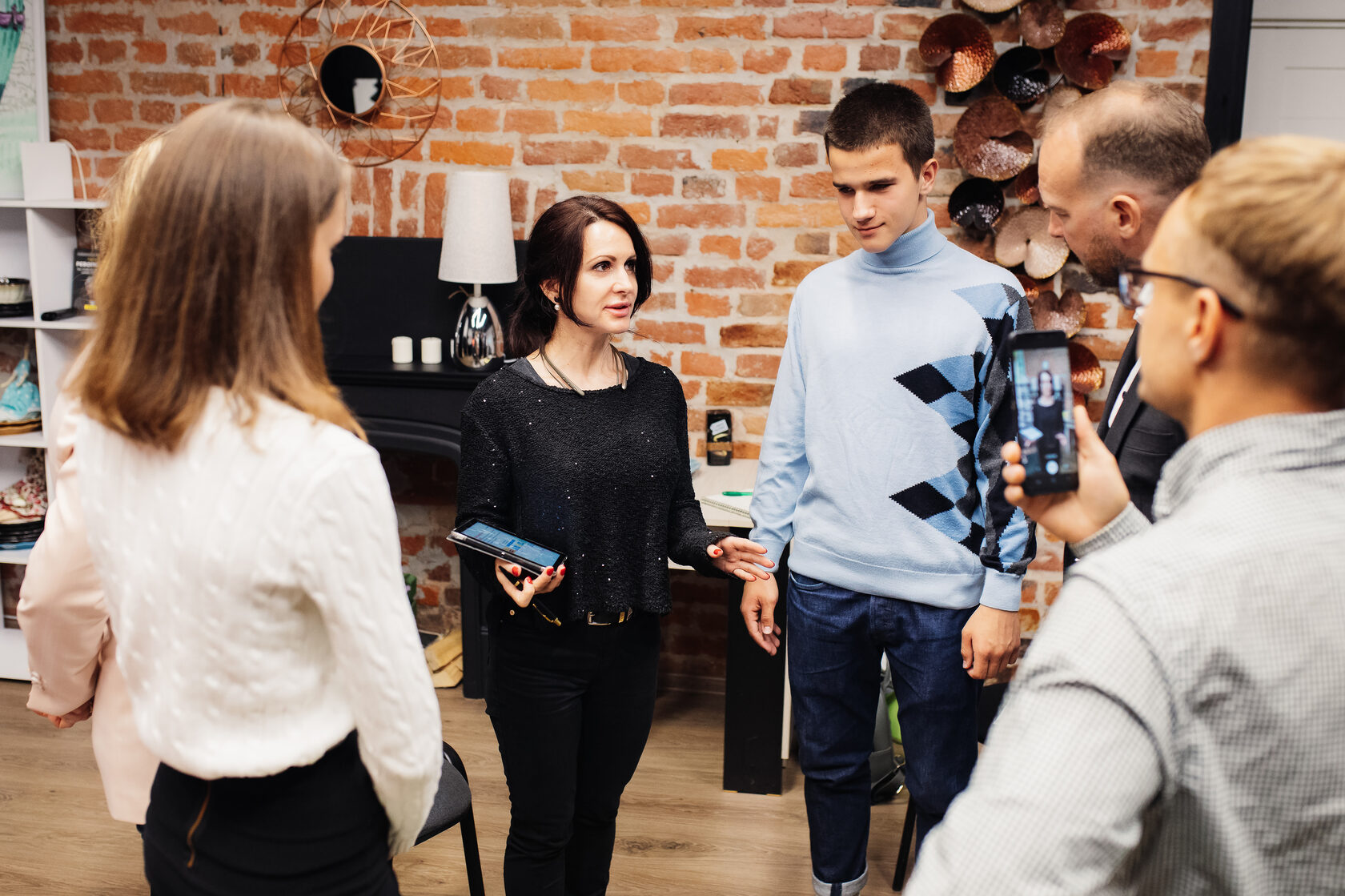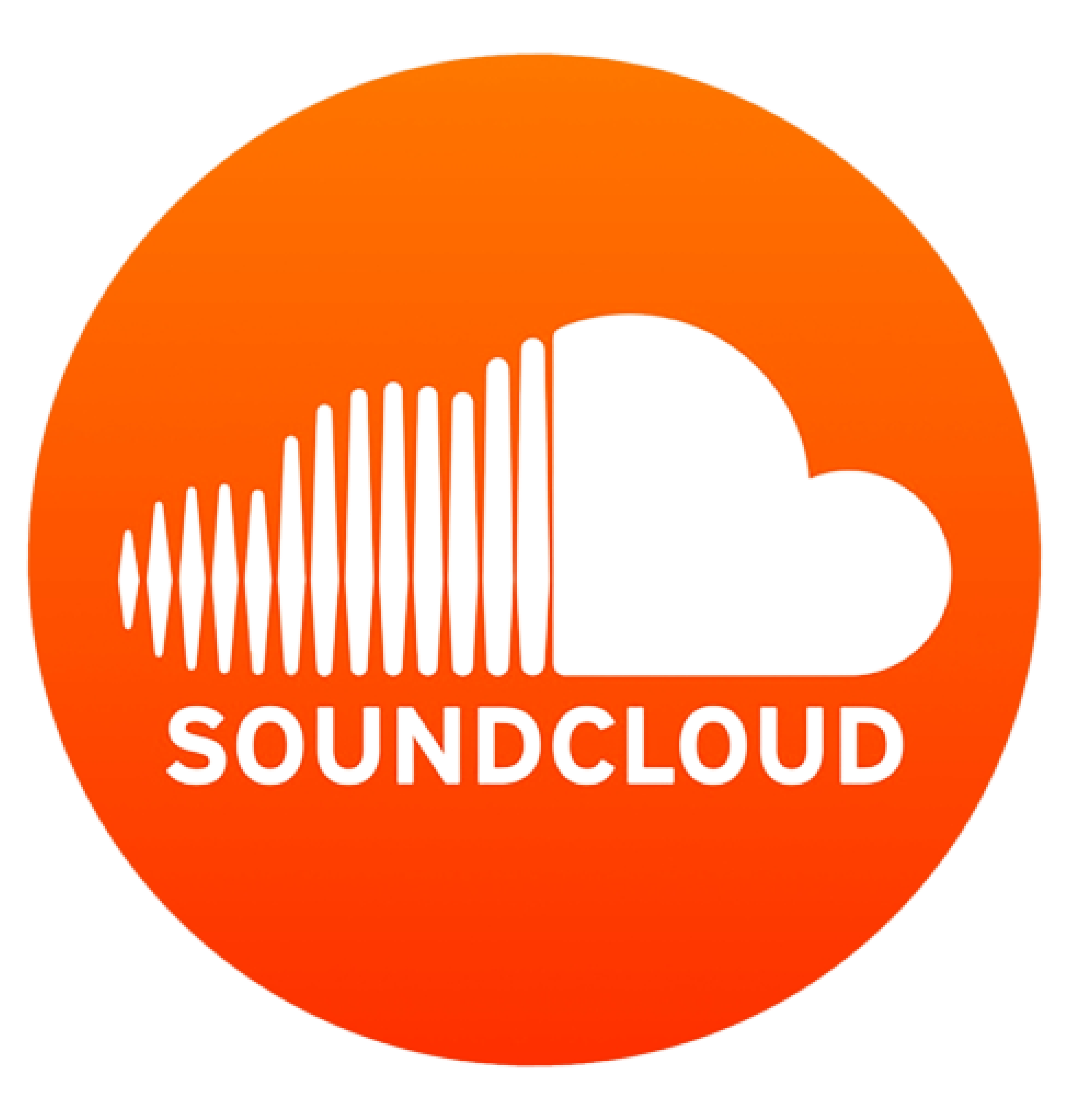How do you connect with people who speak a different language? Not with an intention to get their business card and have them invest in you or give you a job, but how do you make a connection with an intention to genuinely get to know them?
How do you present your idea in English so that people HEAR you? I’m not talking about presenting ideas at meetings because it’s your job and you want to impress everyone and be done with it as soon as possible. I am talking about building a connection and starting a relationship as you speak. How do you present in English to communicate a whole new vision instead of simply saying the right words in the right order and with the right intonations?
That’s what I teach.
Many people ask “What’s the driving force that keeps you going? What motivates all these people to continue investing in their English skills?” Let’s be honest: we all know enough people who are content with what they know. Over time, they have become content with being “knowers” rather than “learners”. Their English skills are enough to do their job, and they can’t find the motivation to continue practicing even though their rational self can easily find a bunch of strong arguments for why they have to keep going.
I can’t speak for all the people; I can only speak for myself. Having meaningful relationships with people is what keeps me going.
And yes, I often find that I need to improve my English skills to have better relationships with people who have spoken English from birth. I keep improving my English so that I can enjoy more meaningful conversations and understand people at a deeper level. Better English is simply a tool, not the desired outcome. I don’t learn English to look smart, to be smart, or to convince others that I’m smart enough. I don’t learn English so that one day I’m good enough for other people to give me a job or have me as a friend. I don’t learn English with the intention to hopefully feel more confident one day.
No, instead I’m focused on the relationships that I already have and want to have.
I look at the barriers that I need to overcome to improve the quality of my relationships with people. For example:
- Poor vocabulary. Let’s say, I can’t find the words to express how I feel. That’s a barrier to having honest conversations. So, I go ahead and learn the words that I’m lacking
- Messy sentence structure. Let’s say, people can’t follow my thought process. That hinders great communication. So, I go ahead and practice clarity. I designed 5 mini-courses to practice 5 levels of clarity this year for myself. And when other people join the practice, I can give feedback not only to them, but to myself too
- Weird intonations. Let’s say, people don’t understand whether I’m done talking or if I am going to say more. They are not sure if I assert something or ask a question, if I’m making a suggestion or asking them to suggest what we need to do. So, I go ahead and practice my intonations and the rhythm of English, so that my meaning is more easily understood.
- Poor writing skills. Let’s say, I can’t explain what I need and why I need it in my emails. I sound rude or demanding when I say what I need. I write too much instead of building clear and concise sentences that people would immediately understand and relate to. I spend way too much time planning the text of my presentations in writing struggling to find the right images and metaphors. This is painful… So, I go ahead and start working on my writing skills.
Relationships stay a priority for me.
Language skills and better speaking habits are tools and mechanisms that help me achieve better quality relationships. If you follow me, Native-Like Fluency becomes the obvious and the very needed skill.
Make no mistake, when I say “people”, I include myself here too. When I say “relationships”, I mean a relationship with myself too.
That is why I write journal entries in English; that is why I am writing this post in English.
If I can understand myself (and how I think in any language), if I can express myself (in any language), I enjoy the clarity of my relationship with myself. As Brenè Brown says, being clear is being kind. Being unclear is being unkind. I want to be kind with myself (meaning clear and honest) so that I can be clear and honest with others (again, regardless of what language they speak).
Don’t put your best foot forward trying to start a meaningful relationship. Put your usual foot forward. Write usual thoughts in your journal. Don’t wait for perfect thoughts to come. Say what you truly feel right now, don’t hide behind the “nice” words that you learned to use to be liked by people from other cultures. Don’t wait until you have learned the perfect words to express your emotions. And if the words that you say fail you, go and learn better words.
Don’t try too hard to build a facade. It takes an incredible amount of effort to maintain, and eventually, it falls anyway.
For example, I will wear make-up and I will invite a professional make-up artist if we film in a studio. However, I don’t need to have make-up on to start recording a video for my students or clients when I have something important to say. I can do both - with and without makeup on. I advocate for creating effective routines. My routine is fueled by inspiration, and inspiration comes to me regardless of whether I’m camera ready. I will not refuse to do what I am inspired to do right now just because I don’t have make-up on. I know that if I start applying make-up instead of turning my camera on, I will lose that urge and that momentum. That is why I lead most of my sessions and teach most of my classes make-up free. As I said, I can do both; it really depends on my day. I do not become more or less competent with make-up on.

Besides, I want to lead by example. Many people struggle enough with creating a practice routine. When “creating” and “organizing” a learning process are still very new concepts for a person, they already spend a lot of time preparing their environment and planning their routines. If they feel pressure to prepare (let’s say, put make-up on before a session) even before they need to prepare what actually matters, they lose every bit of the inspiration they seemed to have.

A “creative routine” is an organic interaction with your day. It is creative but it doesn’t mean it is devoid of structure. It can be spontaneous but it doesn’t mean it’s meaningless or chaotic. My point is that you don’t need to perform any type of rituals to be ready. In fact, those rituals (like applying make-up even though you never wear make-up in everyday life) can get in the way because they take the time you might have spent acting when your intuition demanded that you act.
People want to be ready and prepared for everything; they are terrified of the idea of being spontaneous, creative, and inspired because that would mean they’d have to act differently and immediately. Yet, the same people say that they are ready to embrace change. The same people know that they have to change their eating habits, drink less coffee, or go sugar-free. Yet, the same people continue eating the same way, ditching opportunities for change at every single meal. They try to put their best foot forward even when having conversations with themselves.
When you put your usual foot forward, you don’t order a salad at a restaurant only to eat a bag of chips later at home.
You don’t avoid or ignore opportunities to jump on a meeting or record a video message, or show up to a virtual class just because you’re not camera ready. You show up the same way that you show up for yourself every day. If you never wear make-up, you will never be ready for those video calls or those opportunities to deliver your idea if you think that “looking as professional as others” is what it takes.
You don’t change who you are to embrace change. You take a very honest look at who you are. If you see that something needs to change so that you can grow into your full potential, go ahead and change it. It will feel manageable, and you will persist.
And if you want to build a practice routine (which means acquire new habits), definitely do not change who you are. Embrace who you are. Neither inspiration nor joy comes from trying too hard to “prepare” to start a new routine. Many people think that “preparing” means “copying someone else’s method of getting ready”.
It felt so liberating for me when I realized that my skillset does not depend on how much make-up I’m wearing. I also learned that people appreciate the opportunity of showing up as they are, feeling no pressure to look professional when they see their coach, and seeing their coach work hard on her own routine too. I saw the beauty of human relationships when I learned to see the beauty of people not only with my eyes, but with my heart. What they wear and don’t wear on certain days became so unimportant, as long as they stay true to who they are and how they feel today.




